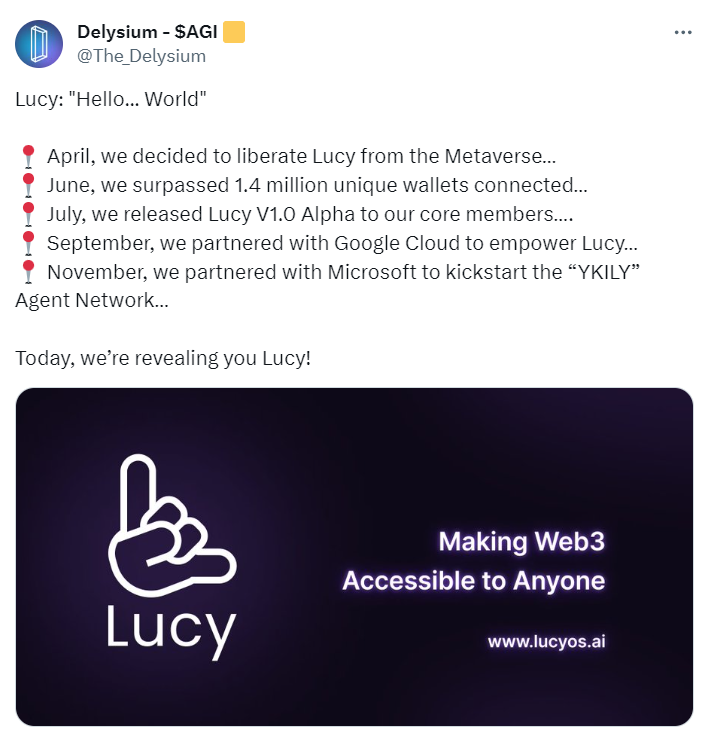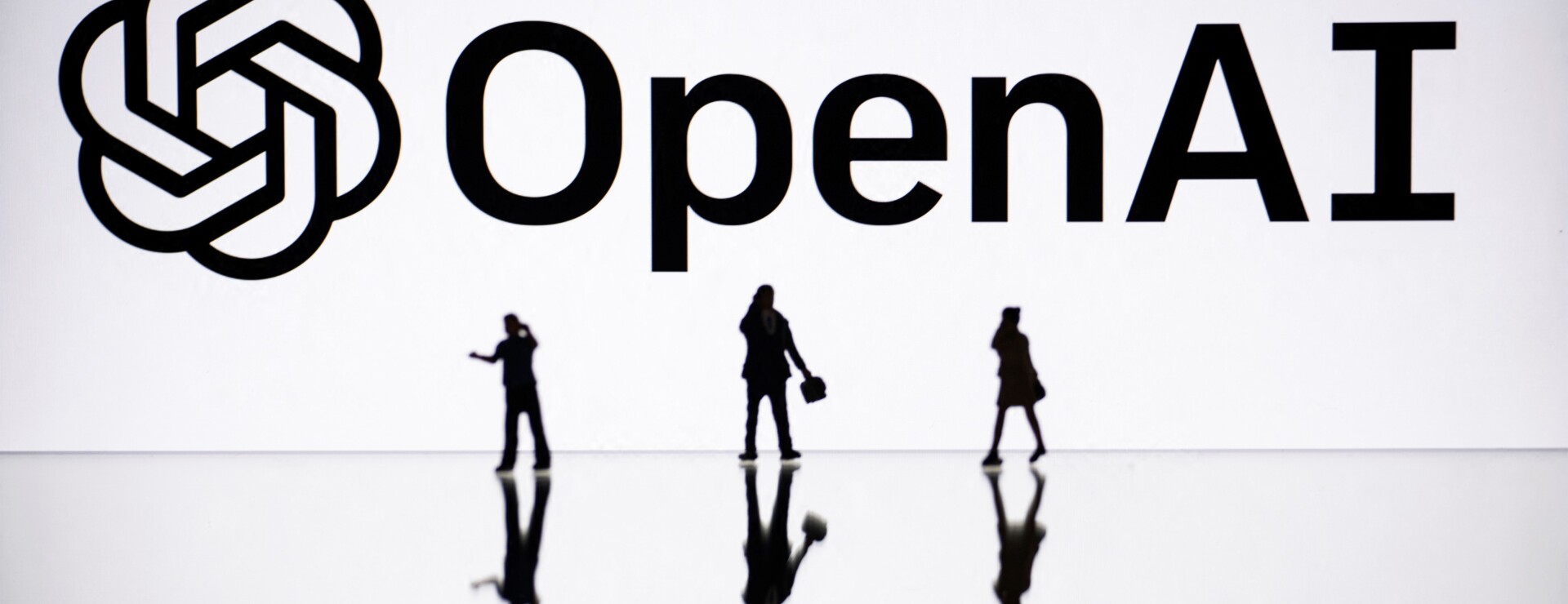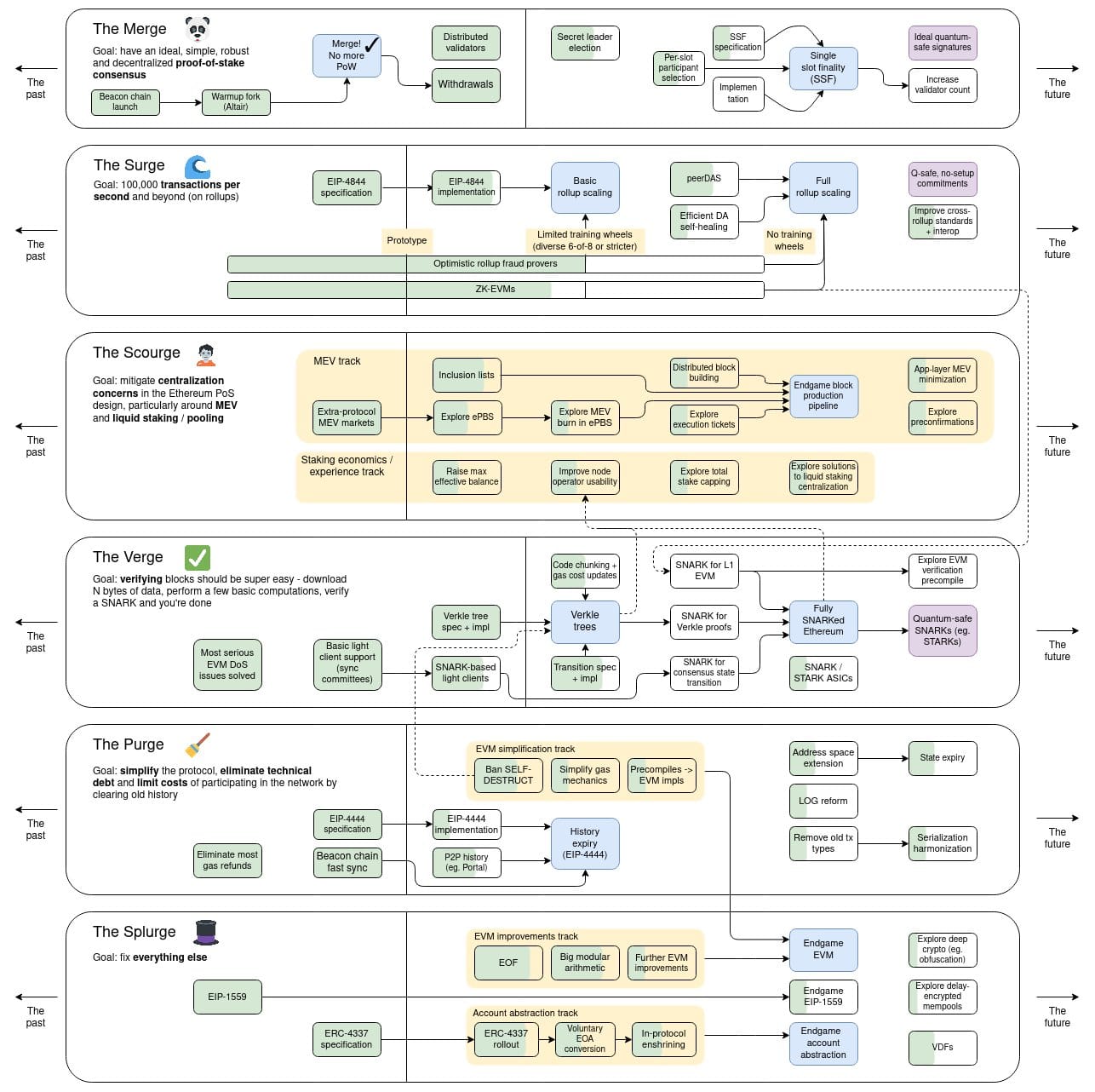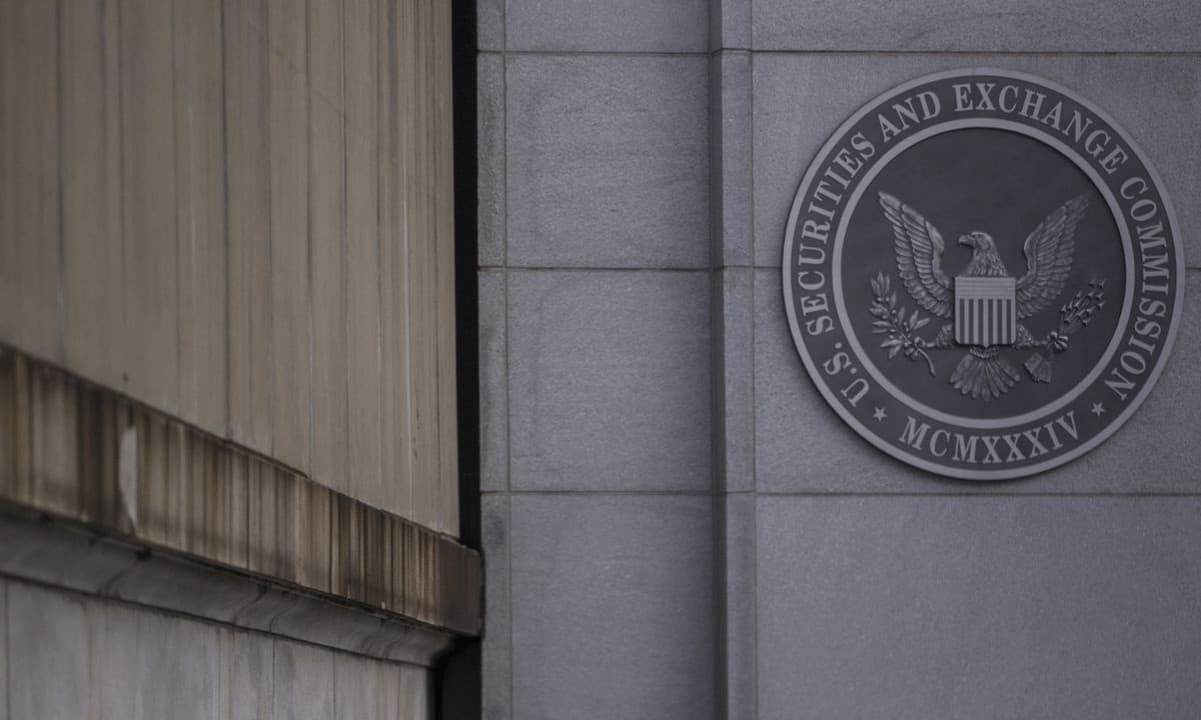The Web3 and AI Newsletter 7

Hello again and welcome to everyone who has joined us over the last two festive weeks!
This is the Web3 + AI newsletter, where we explore the intersection of blockchain and artificial intelligence. We are kicking off 2024 with loads of exiciting news, interesting analyses, and ambitious plans for the year ahead! I want to use this occasion to wish you all a healthy, prosperous, and wonderful new year!
Thank you for being here! Let's dive in!
What's New in the Web3 + AI Startup World?
Binance Launches Web3 & AI Gaming Platform Sleepless AI
A day after Christmas, crypto titan Binance announced the launch of Sleepless AI - a Web3 & Gaming platform, though failed to provide any more details about it. At this point, it is only clear that the AI token is already listed on the Binance exchange and the AI/BTC, AI/USDT, AI/BNB, AI/FDUSD, AI/TUSD and AI/TRY trading pairs are available.

It remains to be seen how the platform will look and function exactly, but this move by Binance demonstrates once again the appeal of Web3 + AI Gaming. The sector consistently attracts investments and new talent and is shaping up to be a significant engine in the upcoming crypto Bull run.
Here is one more proof of just that: Japanese gaming giant Square Enix revealed plans to integrate blockchain, artificial intelligence, and metaverse(s) in creating novel content over 2024.

I am working on a deep-dive analysis of Web3 + AI Gaming, which I will share with you soon. Stay tuned!
Delysium Introduces Lucy - OS of "YKILY" AI Agent Network
A few days ago, Delysium introduced Lucy - simultaneously a personal AI assistant and a hub for Delysium's "YKILY" network of AI agents. Lucy allows users to connect their favorite Ethereum and BSC applications (dApps) and enforce custom triggers and workflows using natural language commands.

Meanwhile, as the operating system for "YKILY", Lucy can connect the user with various AI agents that can serve as trading, DEX aggregator, or information agent.

There are a lot of players in the decentralized AI agents field, as some of them have been experimenting with the technology for years. However, it seems like Lucy will offer a clear interface and a single portal for many different services, or at least that is Delysium's ambition. After all, their ultimate goal is "to turn Web2 users today, into Web3 super users tomorrow".
Lucy is not open to the large public yet, but I applied for early access and will report as soon as I try it out.

Noteworthy Podcasts, Articles, Events
NYT vs. OpenAI / Microsoft, the Lawsuit of the Year
At the very end of December 2023, the journalistic giant The New York TimesThe New York Times attacked in court the AI lab OpenAI and its partner company Microsoft over copyright infringement. I wanted to highlight that lawsuit because it is not just another “artificial intelligence stealing my content” case. Rather, it can potentially have major repercussions for the entire AI community and industry.
And here is why: like many other rights holders before them, the NYT is unhappy that its copyrighted materials are being used to train Large Language Models (LLMs) like GPT without any remuneration. However, this is just one aspect of this case. The other, much more significant, one concerns the fact that, evidently, OpenAI's ChatGPT outputs near-verbatim texts of published Times articles, prompted with just the original URL and a snippet of the beginning of the story.
In an exhibit attached to the complaint, the newspaper presents over a hundred pages of side-by-side comparisons showing the text of Times articles and nearly identical output from OpenAI’s most advanced model, ChatGPT-4. The articles include a Pulitzer Prize-winning investigation of New York’s taxi industry and an infamous negative review of Guy Fieri’s restaurant.
That trove is the most convincing evidence in a lawsuit so far showing an AI model can memorize training data, said Matthew Sag, a law professor at Emory University who studies AI.
The Times' financial survival depends heavily on subscription income, which would most probably vanish once readers realize they can easily overcome the paywall just by feeding the article's web address to ChatGPT. It is no wonder then that the newspaper seeks “billions of dollars in statutory and actual damages” related to the “unlawful copying and use of The Times’s uniquely valuable works”. What is more, the plaintiff demands that all training datasets and AI models featuring any NYT copyrighted content be destroyed. Can you imagine the consequences for all LLM builders, including Google, Meta, Mistral, and Antropic, if the court concurred?

On the other hand, OpenAI's defense leans entirely on the “fair use” doctrine that permits limited use of copyrighted material without having to first acquire permission from the copyright holder.
The case will ultimately hinge on copyright law’s fair use doctrine, attorneys said. The legal test asks courts to evaluate four factors to determine whether an unauthorized copy is legal: the “transformativeness” of the copying; the nature of the copyrighted work; the amount of work copied; and the market harm from the copying. The complaint has evidence that could favor the Times on the fourth factor, which examines market harm.
Additionally, that defense strategy gets somewhat canceled out by the fact that OpenAI has struck licensing deals with other news outlets like Politico and Business Insider. The “transformative” nature of ChatGPT's productions can also be rescinded, so, it seems, OpenAI has very little room to maneuver. Still, if the company is found guilty, the legal precedent this case sets will have enormous consequences.
I recommend Mitch Jackson's commentary on the case in his newsletter AI, Web3 and Metaverse Update!:

And since we are discussing AI's effects on copyright protection, Japan's stance on the matter is worth mentioning:
In a surprising move, Japan’s government recently reaffirmed that it will not enforce copyrights on data used in AI training.
The country opts for a no-copyright approach, even if the affected content is commercial or obtained through illegal sources. The goal of the Japanese government is to accelerate AI research and development which, usually, the copyright worries place in a quandary.
What do you think? While the EU and the US are embroiled in quarrels over the risks of AI killing us all, the third-largest economy in the world embraces the technology and clears the way for progress. It also sets a fascinating precedent for Western AI regulation to consider. Meanwhile, Japan is willing to sacrifice artists, painters, and creators alike just to gain a competitive advantage, something we Europeans would never allow. In all cases, these are questions in need of serious reflection. I would love to hear your thoughts.
Vitalik Buterin Longs for Cypherpunk Ethereum
Vitalik Buterin, the driving force behind Ethereum blockchain, has called for the reignition of the protocol's cypherpunk origins. By using the one term that marked the early days of Bitcoin and crypto in general, Buterin is trying to inspire the creation of more inclusive, but also privacy-preserving decentralized applications (dApps).
Decentralization, open participation, censorship resistance and credible neutrality are among the “cypherpunk” values Buterin wants to see firmly return to Ethereum’s future, and he remains hopeful that non-financial applications can flourish on the blockchain.
He highlights zero-knowledge proofs and decentralized file storage systems as positive signs proving that the industry is on the right track. However, Vitalik emphasizes that skyrocketing transaction fees are a major obstacle that needs to be resolved. Read his article in full here:

Meanwhile, Buterin also published an update to Ethereum's roadmap, confirming his previous commitment to pursue the six main components of the protocol's future development, namely the Merge, the Surge, the Scourge, the Verge, the Purge, and the Splurge.

I won't go into technical details of what these mean exactly, but if you need me to explain them, just let me know. The more technically savvy among you can find a summary of the 2024 roadmap here.
Bitcoin ETFs Approval Imminent
The entire crypto community has been shivering with excitement over the expected approval of several spot BTC Exchange-Traded-Funds (ETFs) by the US Securities and Exchange Commission (SEC). Some say the trading can be initiated as soon as next week.
In a series of pivotal meetings held with major stock exchanges, including the New York Stock Exchange (NYSE), Nasdaq, and Chicago Board Options Exchange (CBOE), the SEC is reportedly finalizing the review of applications for the much-anticipated spot Bitcoin exchange-traded funds (ETFs).
If approved, the spot BTC ETFs will be a gateway for traditional institutional investors and money managers into the cryptocurrency industry, and thus will bring fresh capital and legitimize the space.

However, such a decision may result in extremely high demand for BTC, and consequently, much lower supply, since funds may try to buy up all BTC in circulation. Anyway! Exciting times await us!
AI Deepfakes and Crypto Exploits
As optimistic as I am about the convergence of blockchain and artificial intelligence, I still consider some use cases of that union to be nothing but dangerous. Deepfakes are an example of a high-risk AI application that requires regulators' full attention, especially in the context of elections and the protection of democratic values. Recently, they have emerged as a highly effective exploiting tool in the crypto space, too.
Deepfakes are AI-created videos depicting real people, typically a celebrity of some sort, with the only objective of deceiving the audience. To create a deepfake, one needs to scrape the Internet for recordings of public appearances of the target politician or influencer, and then use that data to train a model to mimic the person's voice, body language, and speech style. The resulting video may present a story diametrically opposite to the real person's views and principles, but still be convincing enough to the untrained eye.
The video below, an evident deepfake, strives to persuade that Michael Saylor, a prominent figure in the crypto space and Bitcoin maximalist, commits to double any coin the viewer sends him. If you pay special attention to how his lips move, you will gather something is not right, even though his voice sounds credible. In all cases, don't fall for such promises - if something sounds too good to be true, it probably is.
Michael Saylor says, “send me your Bitcoin and I’ll double it” in this YT ad.#AI deep fakes are going to get out of control here real quick. pic.twitter.com/MQ6pI3ANUF
— NiFτy (@niftyinvest) December 23, 2023
Another video that features Solana's Anatoly Yakovenko promoting a giveaway has been circulating over YouTube and X, and as an ad, no less:
The video is almost convincing: it features Solana co-founder Anatoly Yakovenko announcing a “historic day” for Solana. He thanks the “S-O-L” community and offers a giveaway through a QR code and a website. Sure, he sounds a little robotic — his voice is a monotone, unusual for him — and he hardly makes eye contact with the camera, but it’s a video, and seeing is believing, right?
/cdn.vox-cdn.com/uploads/chorus_asset/file/25201685/Screenshot_2024_01_03_at_12.20.27_PM.png)
With deepfakes getting more prolific and sophisticated, and Big Tech platforms often failing to remove fake content, it is up to us, users, to protect ourselves. What I would advise you is to rely on the official communication channels only. If a real Solana giveaway is taking place, their website and X account will be the first to announce it. If you can't find any such message there, it's probably a scam.
Thankfully, the Web3 + AI community comes to the rescue - FactProtocol is just one of the protocols that tackle fake news and misinformation through the combination of blockchain and artificial intelligence. In fact, many experts believe that fact-checking and data provenance certification will be among the most significant use cases of this technological synergy. Bear with me, and we will find out together if that is true.
LatticeFlow to Promote AI Safety at Davos
Bulgarian AI lab Lattice Flow is hosting a roundtable discussion on AI Safety Audits and Standards as part of this year's World Economic Forum in Davos. The event will welcome "world-leading AI experts from academia, safety-critical AI industries, big tech, AI auditors, and AI standard experts from NIST and the ISO". Though, the best part is everyone can join the livestream and watch the conversation live. Make sure you register here.

Disclaimer: None of this should or could be considered financial advice. You should not take my words for granted, rather, do your own research (DYOR) and share your thoughts to create a fruitful discussion.













Member discussion